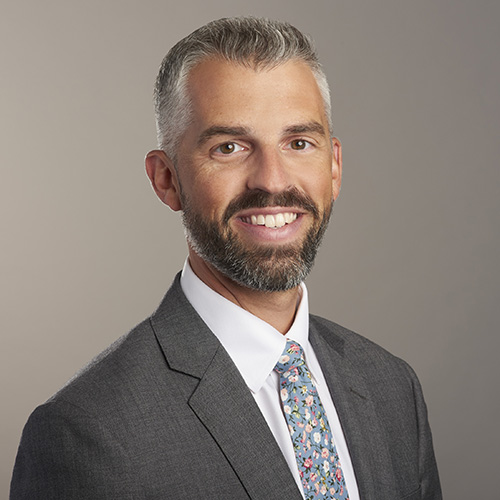In the fall of 2011 the news broke that David Kwiatkowski, a traveling medical technician, had infected 30+ Exeter Hospital patients with Hepatitis-C using covert drug diversion tactics that eluded criminal background checks and drug tests. News of this catastrophe rocked the region. Health care facilities everywhere asked how did this happen and could this happen to us. To prevent this scenario from happening again, Exeter Hospital worked with one of its doctors who is also a legislator—Representative Thomas Sherman (D-Rye)—to craft a legislative solution. That solution is House Bill 658, which creates the New Hampshire Board of Registered Medical Technicians (“the Board”). House Bill 658 is codified at RSA 328-I:1 and RSA 151:3-d et seq. and took effect on October 1, 2014.
- The Board: What Is It, Who Is On It, and What Does It Do?
The new law establishes the Board, a five-member panel administratively attached to the NH Department of Health and Human Services (“DHHS”). The Board is comprised of five members: the DHHS Commissioner or his designee, three licensed health care providers, and one public member. The Board’s principal function is to oversee and administer the registration of NH medical technicians. The Board has the power to register technicians, investigate and discipline registrants, and impose monetary and non-monetary sanctions. The Board has not yet been created thus causing consternation amongst those health care facilities and medical technicians who faced a compliance deadline of October 1, 2014.
- Medical Technician: Who Qualifies and What Must They Do to Comply?
The new law requires all “medical technicians” to register with the Board prior to practicing or advertising services in New Hampshire. The bill defines “medical technician” as a healthcare worker: (a) who is not licensed or registered by another New Hampshire regulatory board; (b) who assists licensed health care professionals in the diagnosis, treatment, and prevention of disease; (c) with access to controlled substances; and (d) with access to or contact with patients in a health care facility or in a medical establishment. Common examples of medical technicians include dialysis, radiology, or ultrasound technicians. This definition of “medical technician” is somewhat broad and raises questions such as do registrars who obtain patient consent forms qualify?
The new law requires all technicians to file a registration application and a $110 registration fee. The application must be accompanied by a notarized criminal history release form and a complete set of fingerprints. Upon receipt, the Board will submit the release and fingerprints to the State Police to run a background check. Assuming the background check clears, the Board will issue the registration, which must be renewed every two years, within 90 days. The new law also requires registrants to promptly notify the Board of any changes of name, residence, or employment. Failure to register can be prosecuted as a misdemeanor and may subject the technician to severe administrative fines.
III. NH Health Care Providers: What Must They Do to Comply?
The new law also imposes obligations on New Hampshire health care facilities and medical establishments defined broadly to include entities such as hospitals, long-term care facilities, physicians, dentists, naturopaths, optometrists, podiatrists, and clinics. The bill first requires health care facilities and medical establishments employing medical technicians to ensure that such technicians are registered with the Board. The task of identifying who qualifies as a medical technician is complicated by the ambiguous definition cited above. Facilities licensed under RSA 151 must verify registration before employment.
The new law also mandates that all health care providers report any “adverse action” against the technician to the Board within 30 days even in situations where the misconduct is resolved by voluntary resignation. Again, the bill is somewhat unclear in that it does not define what constitutes “adverse action.” For instance, does reprimanding an employee for violating the employer’s tardiness policy trigger a report? This and other questions will need to be answered by either administrative rules or future statutory amendments. Facilities should err on the side of over reporting until this issue is clarified.
- Conclusion
RSA 328-I is a good first step towards ensuring that those technicians that interface with patients are legitimate health care professionals. If you are a health care provider subject to the law, you should promptly educate your workforce about the new registration and reporting requirements. You should also consult with legal counsel to implement appropriate policies and procedures for ensuring compliance with this law. Failure to comply may result in administrative fines and adverse licensure action. Information regarding the Board can be found at http://www.nh.gov/medical-technicians/.
